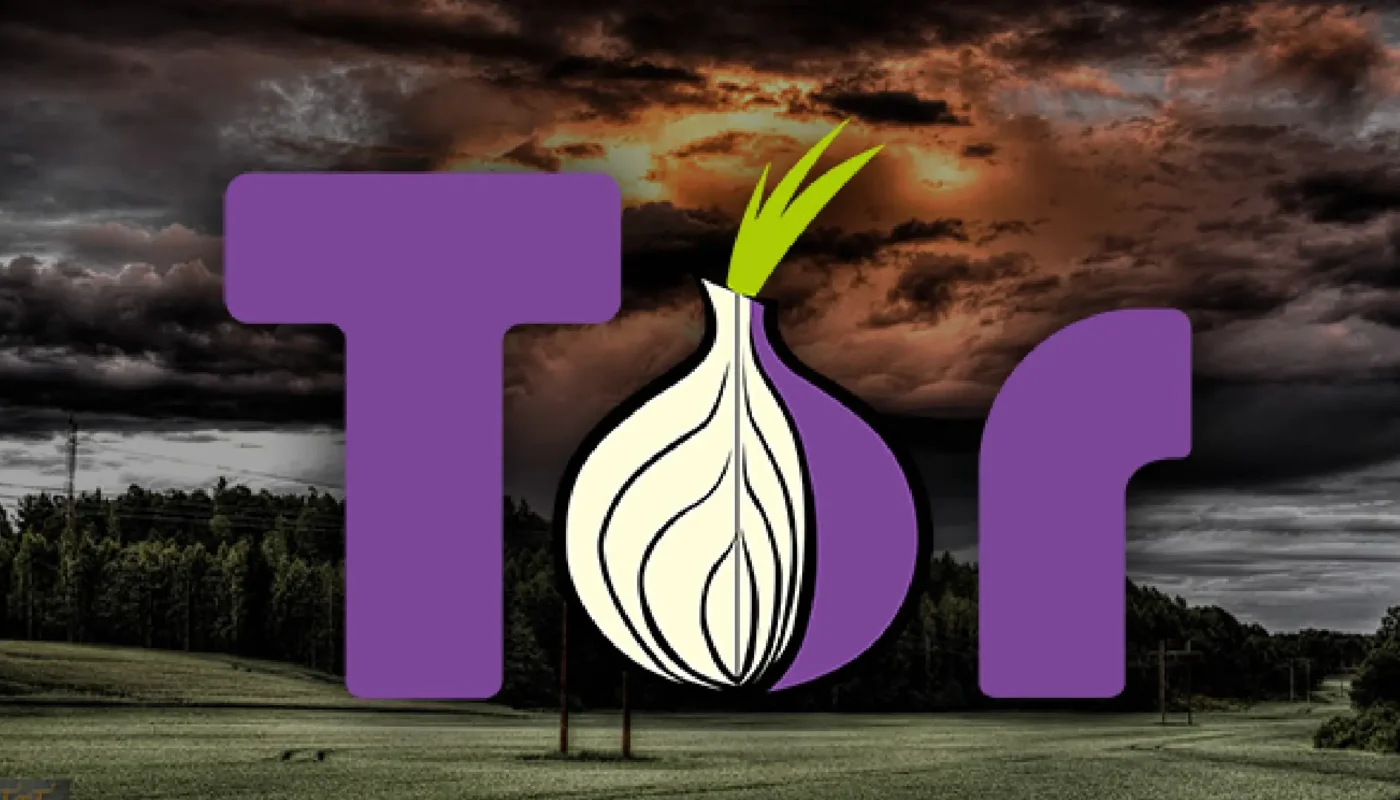The Tor Project, the organization behind the privacy-focused Onion Routing (Tor) network, has launched a new initiative to help users in Russia bypass increasing internet restrictions. In response to intensified censorship by Russian authorities, Tor is asking international volunteers to set up 200 WebTunnel bridges. These bridges make it harder for law enforcement to detect and block Tor traffic, allowing users to maintain access to the internet freely and securely. Volunteers who participate in this project will receive tokens of appreciation, with the program running until March 10, 2025.
Russia’s Growing Internet Censorship
Over recent years, Russia has tightened its control over online activity. Authorities have targeted VPNs, Tor bridges, and other circumvention tools, pressuring hosting companies and even removing apps from major app stores. These actions are part of a broader strategy to regulate the online space.
To enforce these restrictions, the Russian government has invested heavily in advanced filtering and blocking technologies. Over the next five years, updates to the nation’s internet-blocking systems are projected to cost more than $600 million. The legal framework enabling this control stems from laws passed in 2019, which give the government the authority to restrict access to certain websites and regulate internet activity within its borders. Despite these measures, Russian users continue to look for ways to preserve online privacy and access uncensored content.
Tor’s Response: WebTunnel Bridges
To address these challenges, Tor introduced WebTunnel bridges in March 2024. Unlike traditional methods, WebTunnel bridges disguise Tor traffic as regular internet activity, making it more difficult for authorities to identify and block connections.
Currently, the Tor network in Russia relies on just 143 bridges, many of which are partially or fully blocked. By asking volunteers to deploy an additional 200 WebTunnel bridges, Tor aims to strengthen the network and ensure consistent access for users in heavily censored regions.
Setting up a WebTunnel bridge requires a self-hosted website, an SSL/TLS certificate, a static IPv4 address, and at least 1TB of monthly bandwidth. Volunteers meeting these requirements play a crucial role in expanding Tor’s capacity and resilience.
The Importance of WebTunnel Bridges
WebTunnel bridges are a vital addition to Tor’s toolkit against censorship. Existing protocols, such as Obfs4 and Snowflake, have faced increasing blocks in countries like Russia. WebTunnel provides an additional layer of obfuscation, helping users connect securely even when authorities attempt to restrict access.
The technology demonstrates Tor’s ongoing commitment to innovation in online privacy. Originally developed in the mid-1990s with support from the U.S. Naval Research Laboratory and released publicly in 2003, Tor has become an essential tool for people in oppressive environments seeking to bypass restrictions and maintain digital freedom.
How Volunteers Can Help
Community support is central to Tor’s success. Volunteers who host WebTunnel bridges provide critical infrastructure that allows users in restricted regions to access the Tor network reliably. Each new bridge strengthens the network, improving stability and performance for those who need it most.
In addition to technical support, volunteers also receive recognition for their contributions. This reinforces Tor’s community-driven model and underscores the importance of collaboration in defending internet freedom globally.
The Broader Impact
Initiatives like Tor’s WebTunnel project highlight the ongoing global struggle for internet freedom. As governments implement more sophisticated censorship and surveillance measures, tools that allow unrestricted online access become increasingly essential. Each bridge deployed helps protect digital rights and empowers users to navigate the web safely and privately.
Tor’s expansion of WebTunnel bridges in Russia serves as a reminder that the fight for online freedom requires both technological innovation and community engagement. By contributing to this effort, volunteers help ensure that internet users can bypass government controls, access critical information, and communicate without fear of censorship.
Conclusion
The Tor Project’s WebTunnel bridge initiative is a critical effort to combat growing internet restrictions in Russia. By March 10, 2025, the goal is to deploy 200 new bridges to enhance network resilience and secure access for users in restricted regions.
Volunteers play a vital role in maintaining the integrity and reach of the Tor network. Their contributions help safeguard online privacy, ensure consistent access to information, and support the broader mission of an open and unrestricted internet. Tor’s WebTunnel project demonstrates the importance of global collaboration in defending digital rights and illustrates how technology and community can work together to uphold the principles of internet freedom.




